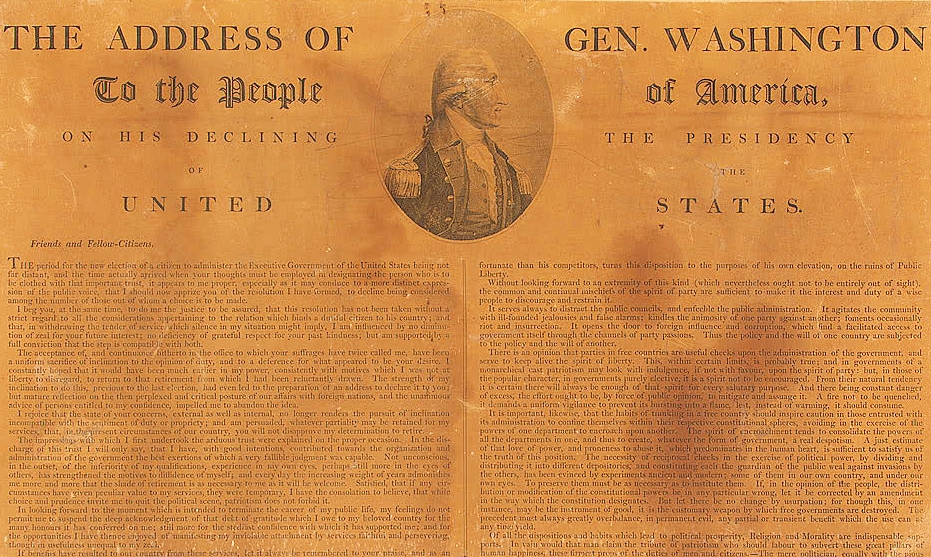Disir
Platinum Member
- Sep 30, 2011
- 28,003
- 9,607
- 910
On September 4, 2002, five months before the invasion of Iraq, this writer warned in an editorial for the Washington Post that “China can only view the prospect of an American military consumed for the next generation by the turmoil of the Middle East as a glorious windfall . . . An ‘American war’ with the Muslims, occupying the very seat of their civilization, would allow the Chinese to isolate the United States diplomatically as they furthered their own ambitions in South and Southeast Asia.”
Eighteen years later we are struggling with the bitter leavings of that unfortunate result. We have spent trillions of dollars from our national treasury on wars and frequently amateurish nation-building projects in the Middle East. We have lost thousands of good people to deaths in combat, and tens of thousands more to wounds and debilitating emotional scars that will stay with them throughout their remaining lives. Our military leaders have conducted numerous fruitless and feckless campaigns in Afghanistan, Iraq, Libya and Syria that, in the end, have only further destabilized one region while decreasing American prestige and influence in another. Our larger foreign policy has degenerated from post–Cold War transitional to post-Iraq situational, without the guiding principles of a clear national doctrine. The leadership in the Department of Defense, both military and civilian, has been reduced to feeling its way from one day to the next, simply reacting to crises large and small rather than guiding the international narrative, which America’s global leadership managed to do even during the most difficult days of the Cold War.

 nationalinterest.org
nationalinterest.org
That doesn't sound like a smart move.
Eighteen years later we are struggling with the bitter leavings of that unfortunate result. We have spent trillions of dollars from our national treasury on wars and frequently amateurish nation-building projects in the Middle East. We have lost thousands of good people to deaths in combat, and tens of thousands more to wounds and debilitating emotional scars that will stay with them throughout their remaining lives. Our military leaders have conducted numerous fruitless and feckless campaigns in Afghanistan, Iraq, Libya and Syria that, in the end, have only further destabilized one region while decreasing American prestige and influence in another. Our larger foreign policy has degenerated from post–Cold War transitional to post-Iraq situational, without the guiding principles of a clear national doctrine. The leadership in the Department of Defense, both military and civilian, has been reduced to feeling its way from one day to the next, simply reacting to crises large and small rather than guiding the international narrative, which America’s global leadership managed to do even during the most difficult days of the Cold War.

The Future of the U.S. Marine Corps
There is no greater danger in military strategy than shaping a nation’s force structure to respond to one specific set of contingencies, giving an adversary the ability to adjust and adapt beforehand.
That doesn't sound like a smart move.




